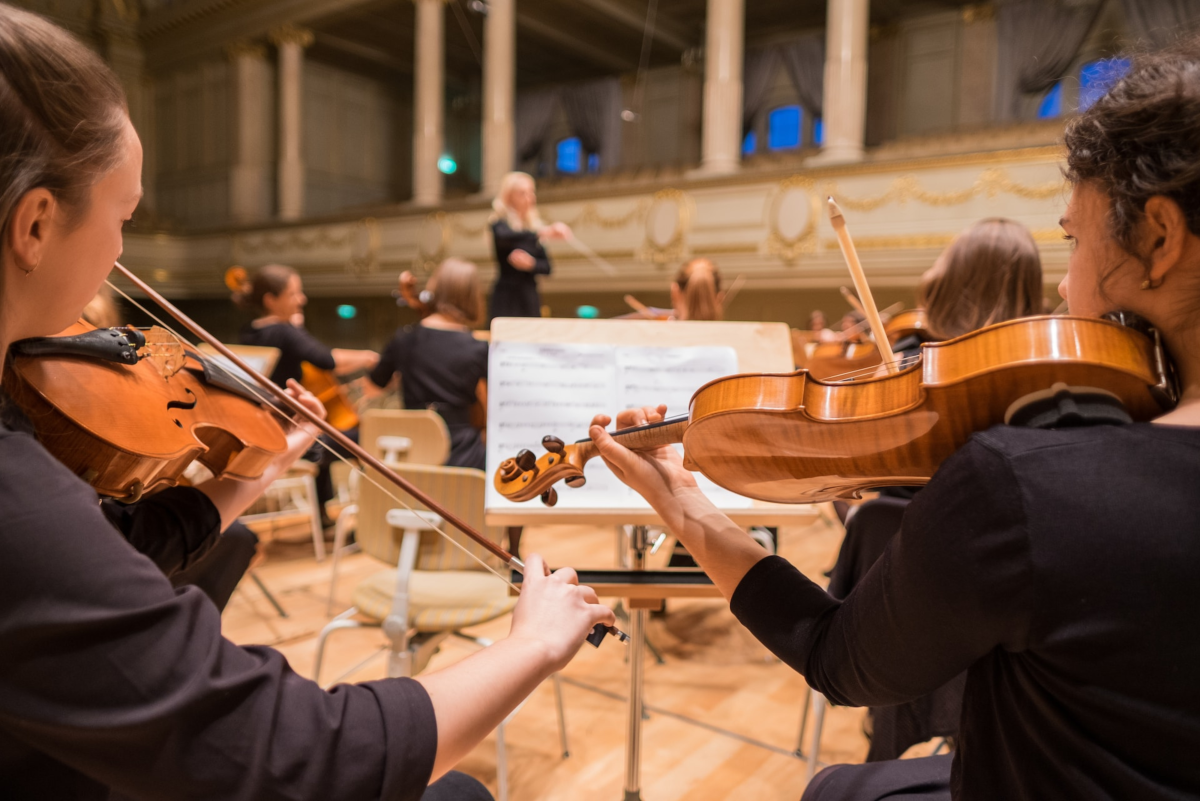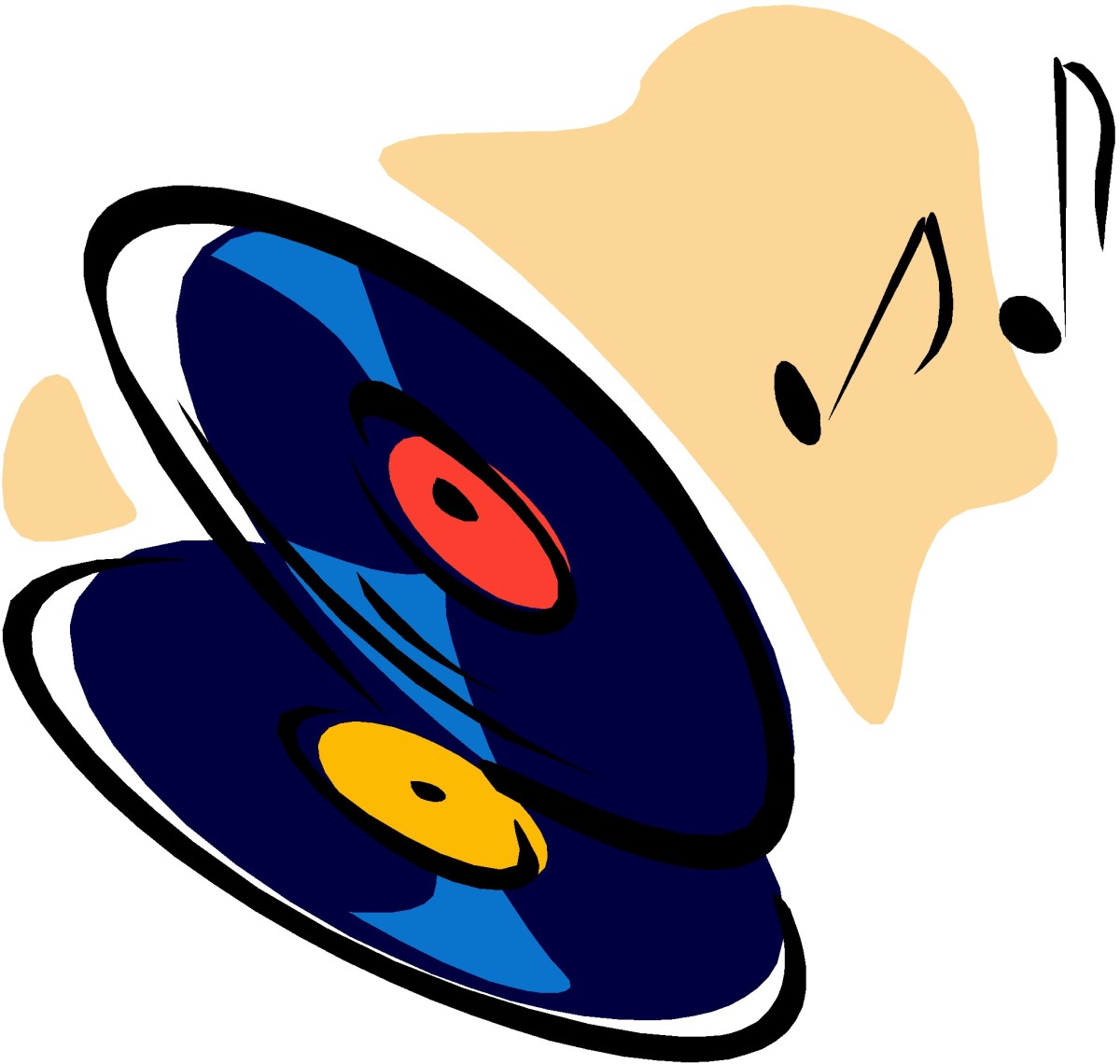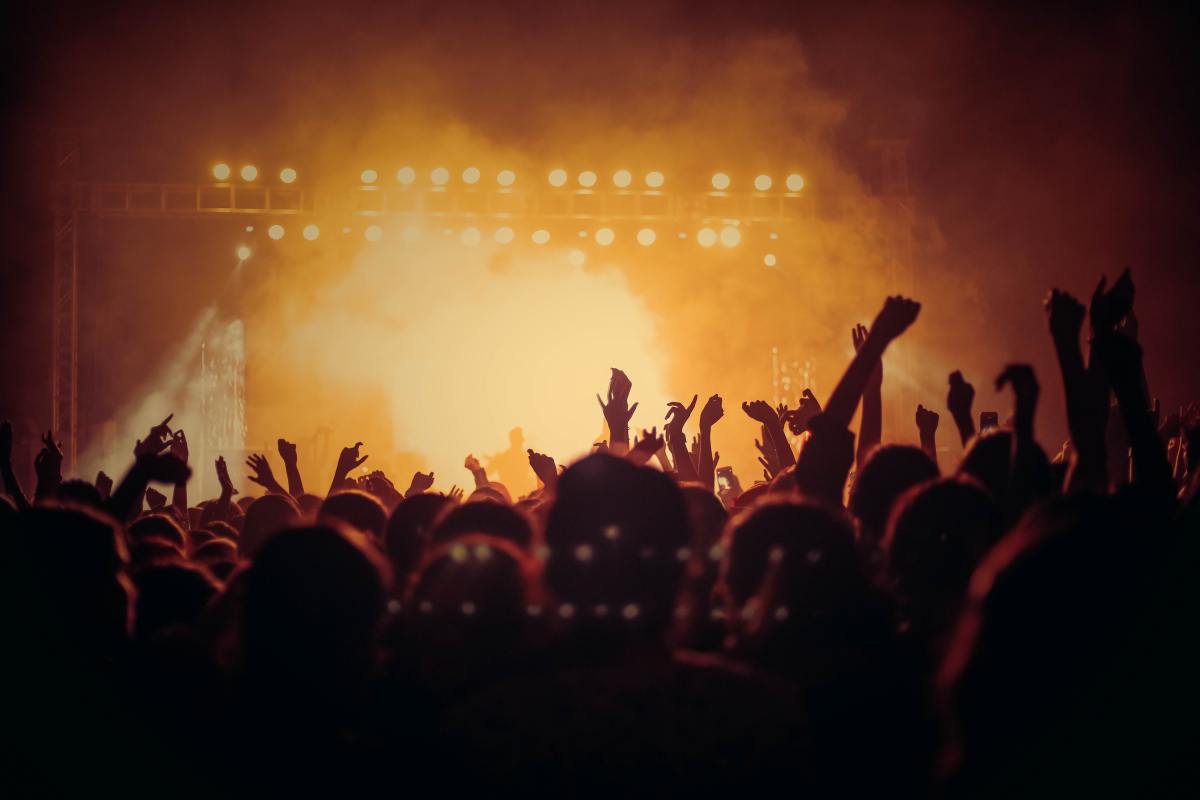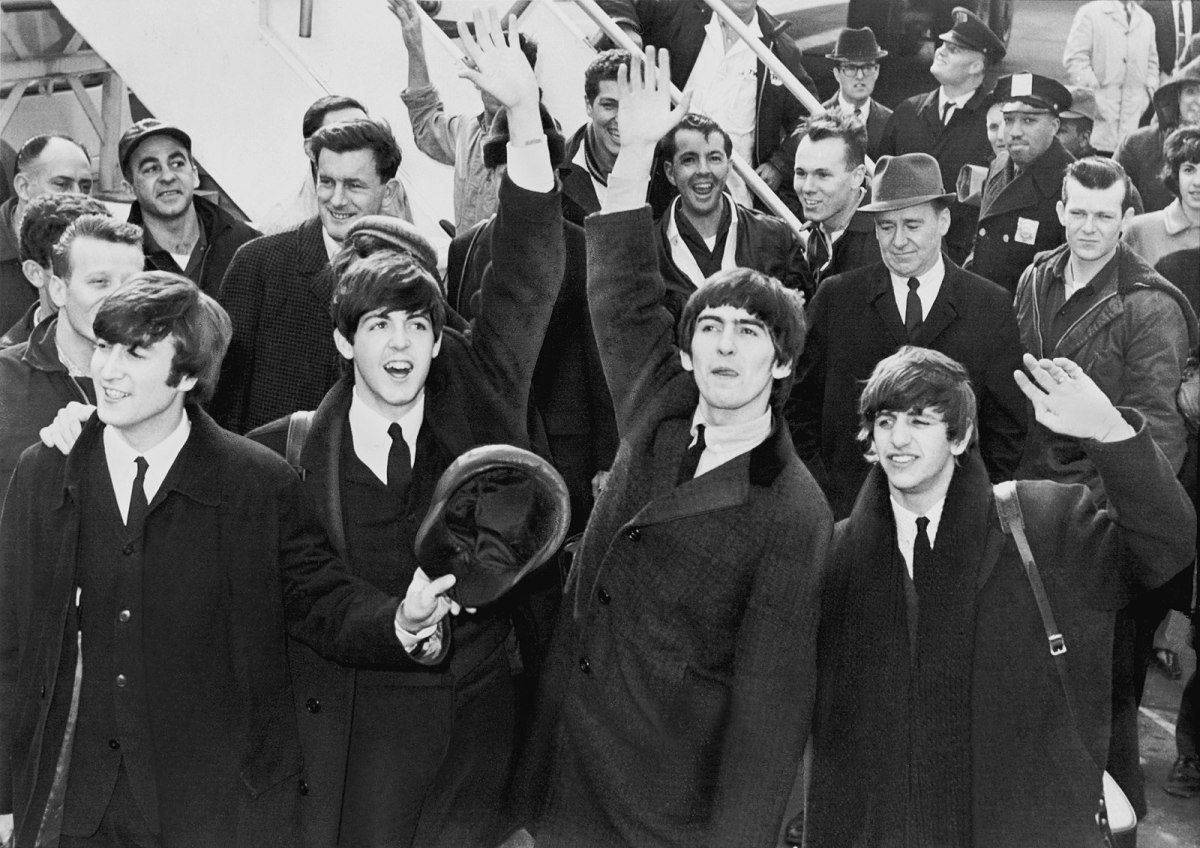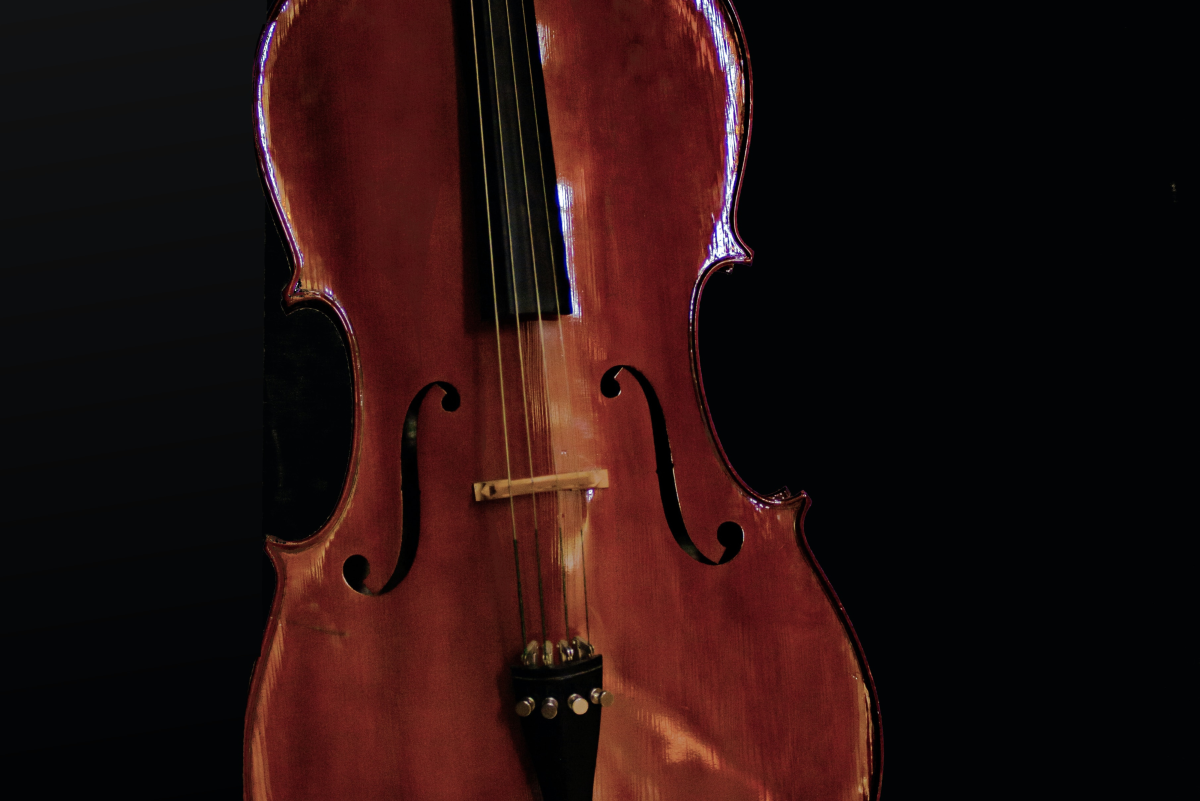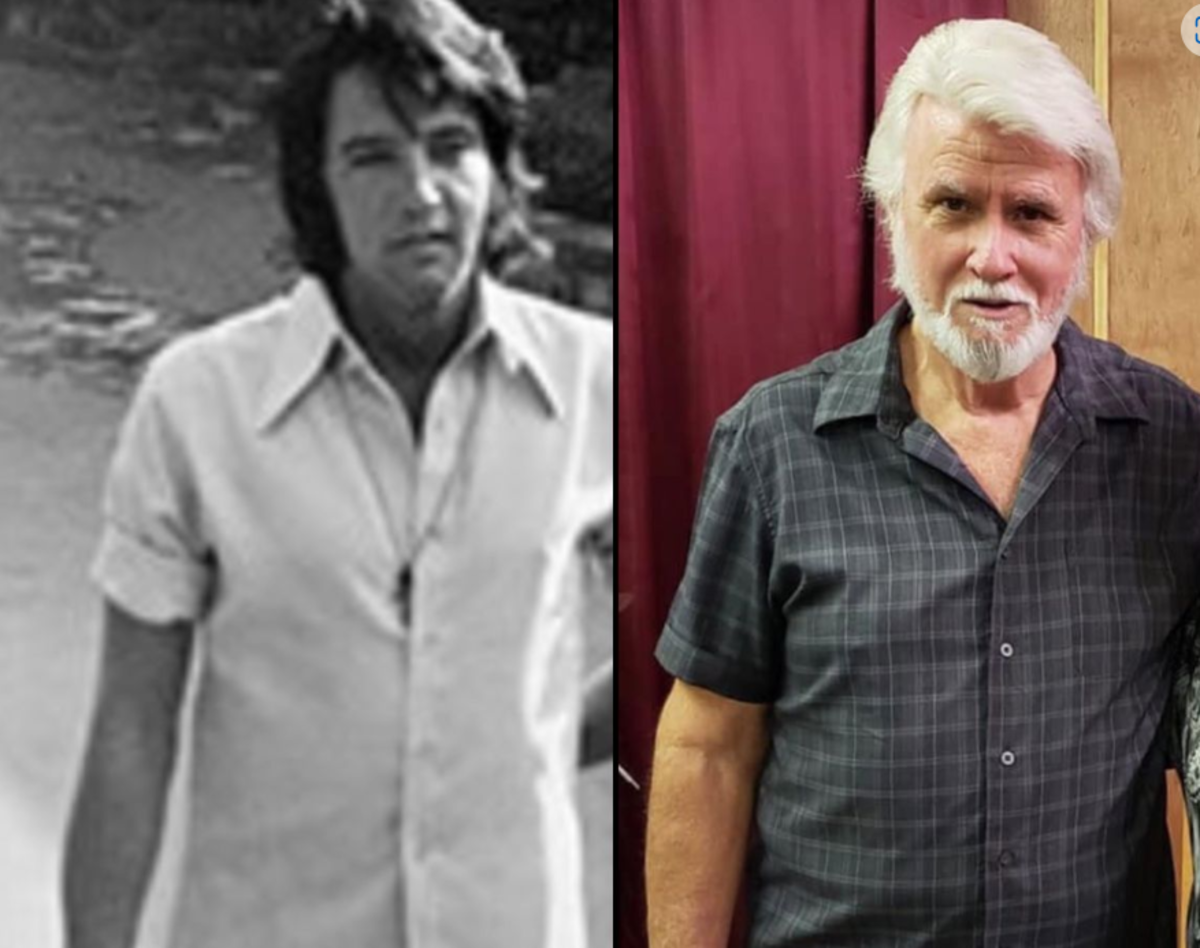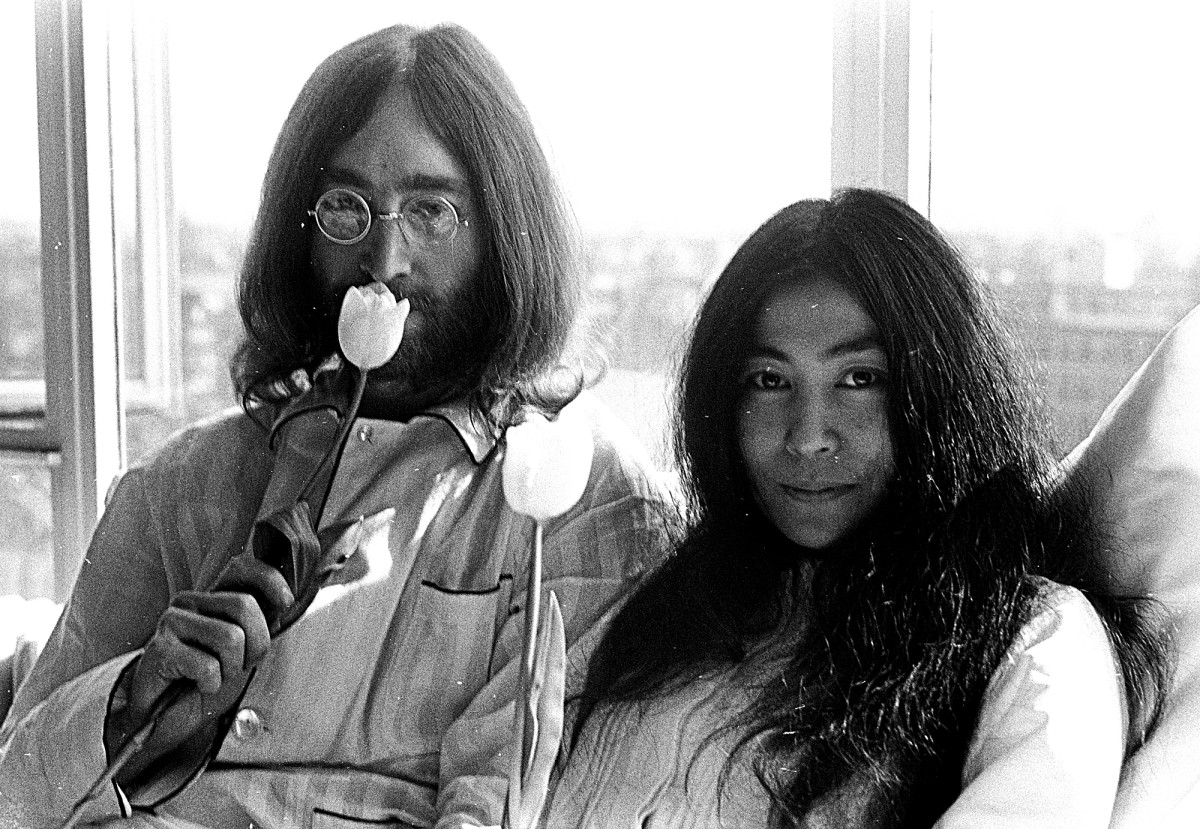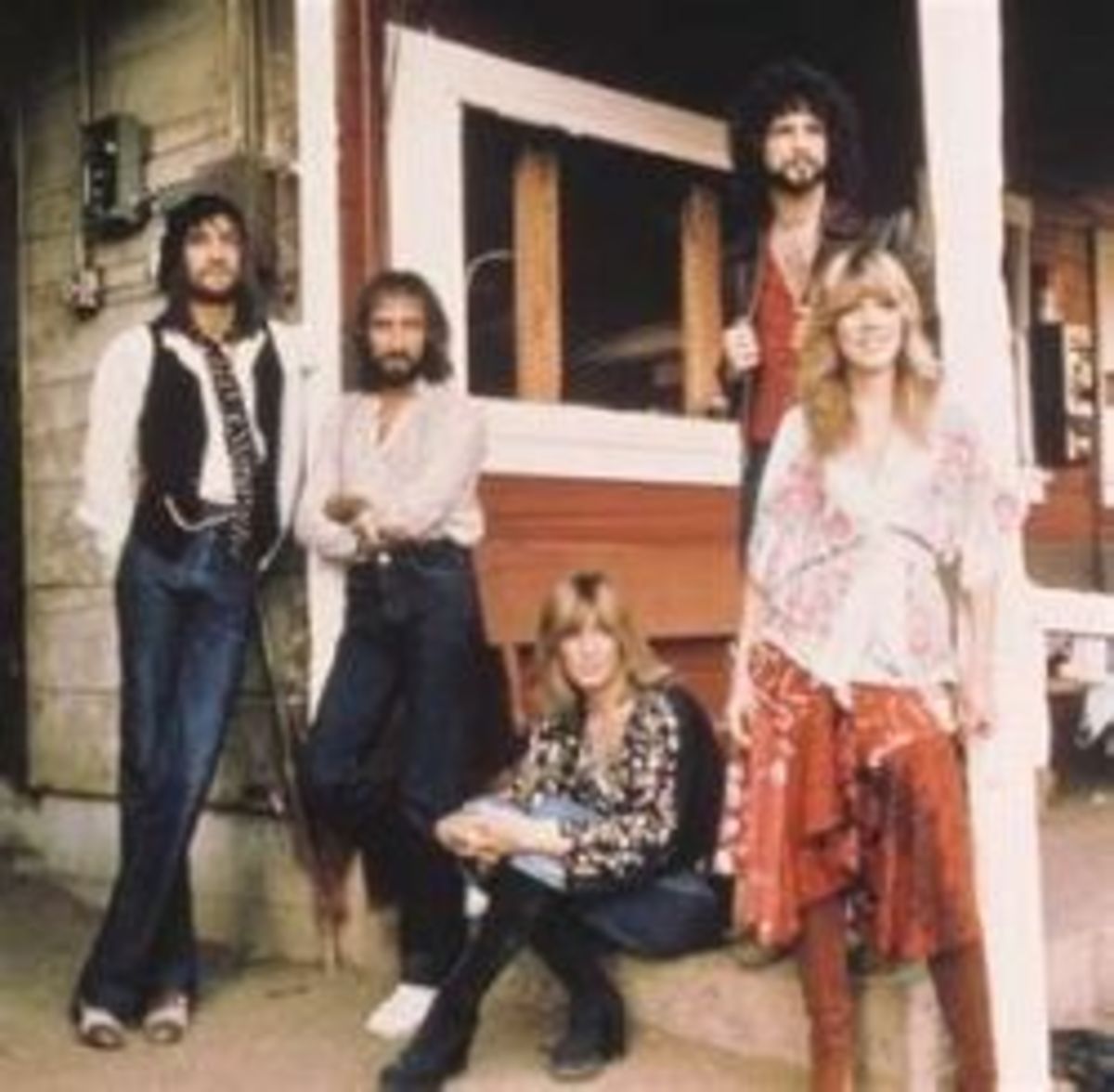How YouTube Can Assist Music Learning
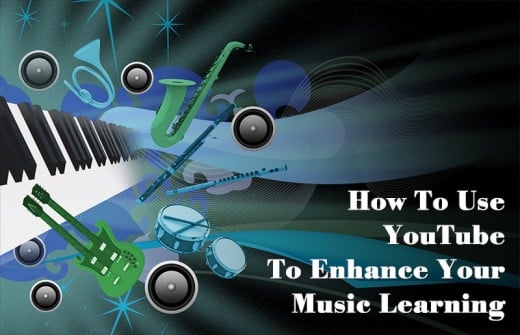
Struggling with your music lessons? Not improving your performances despite hours and weeks of sweaty drilling? Consider utilizing the wonderful, free world of YouTube to assist you! Here are 10 ways you could use this great learning resource to enhance your music learning. These tips work whether you are learning the piano, the drums, the violin, or any other musical instrument.
1. Listen!
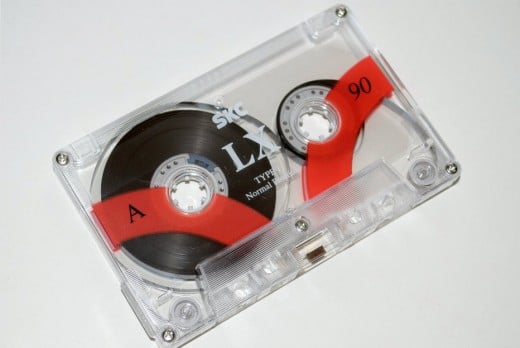
It is incredibly hard to learn something without a useful reference. Imagine playing the score for a composition you are completely unfamiliar with. How andante must your tempo be? Should your staccatos be punctuated, or delicate? In my days, resolving this problem means either to save up to buy the cassette, or praying that the radio station plays the song. With the advent of YouTube, this problem is gone forever from music learning. Unless you're working with some truly obscure piece, chances are somebody's full rendition of that song is but a quick search away.
At the same time, to "listen" also means to examine genres of music outside of those you come into contact with in your lessons. You might become a virtuoso, but you will never be a true musician, if you are only familiar with music written for your course. The curious way music works on the mind, you might actually gain insight into how to enhance your own skills by experiencing other materials. Besides, isn't it entertaining? And again, just a quick YouTube search away.
2. Observe!
Many accomplished musicians have their signature bag of techniques and tricks. The way they do their guitar licks. The way they style their ad-libs. Etc. Keenly observing them do their magic will not only assist you with the most challenging and abstracts portions of your lessons, it would also inspire you to develop your own special techniques. Note that frequently, to "observe" is the only way to master certain complex compositions; there's a lot of things that notation is unable to instruct. That's the reason why music students are always encourage to attend performances. With YouTube nowadays, there are literally thousands of performances awaiting your perusal every minute. With a front seat for you in every one.

3. Share!
YouTube is social media. So you wouldn't reap its fullest benefit unless you socialize, i.e. SHARE your performance and ask for feedback. Now, I know this is daunting. You don't want strangers to pour scorn on your masterpiece. But consider this. Isn't it invaluable to receive feedback from people who have feel no obligation to be polite in comments? Isn't that the best, the quickest way to learn?
Isn't a show of 1 like and 10 dislikes a direct confirmation that something is very wrong with the way you played?
Be assured by this as well. I've been sharing my performances on YouTube since 2009, and I have ever only received one comment that was obviously from a troll. (I'm not that great a player too) The same for all the friends I have corresponded with in YouTube. Anyway, it's easy to differentiate between genuine feedback and malicious remark. The real challenge is whether you can bring yourself to acknowledge the criticism of others, and do something about it.
Trolls
Like other social media platforms, trolls exist in YouTube. Just ignore them and do not feed them by responding. Don't be too upset by dislikes too. Always evaluate the overall balance. 10 likes with 3 dislikes means your performance was reasonable.

There are so many benefits to playing in a band. You learn to coordinate. You learn to support. You also learn when not to hog the limelight and when to take centre stage. To accomplish these, you must have a thorough understanding of your own instrument. You would be compelled to do so, if only not to make a fool of yourself in front of your mates.
In the past, to play in a band could be troublesome. There are so many things to coordinate, the venue, the timing, and so on. And then sometimes, there's that issue of not finding a person able to play a requisite instrument. With YouTube, these logistic nightmares are done away with. Simply record your part of the performance, send it to the one in charge of mixing, and the rest is about fine-tuning your respective parts. I've seen some pretty impressive collaborations on YouTube by musicians from all over the world. The fun of it aside, it's like an international exchange programme. One that would enhance your music learning.
An example of a virtual band collaboration
5. Comment!
I'm not asking you to be nasty here! I'm not asking you to troll other musicians too! I'm encouraging you to leave useful and practical comments. If you enjoyed someone's YouTube performance, could you put into words what exactly you liked? If you found the performance disagreeable, could you share with that musician what you felt was lacking, in a objective and cordial way?
Like any other type of education, the ability to put your feedback down in words strengthens your own music learning. To begin with, these stay in your head as reminders of what to do and what to avoid.
Obviously, with YouTube being a social media channel, helpful comments also invite others to comment constructive on your performances. Over time, this evolves into a dependable system for you to solicit feedback. In social media parlance, this is a win-win situation.
Be sensible when commenting
Refrain from using words like "nice" or "great" if you're genuinely critiquing someone's performance. They tell little. Be more specific. Obviously, don't rant too. Be concise.
6. Transcribe!
Playing by ear is a fundamental skill for any musician. But I mean more than that. I'm referring to listening to something, anything, so readily available on YouTube, then transcribing that for your instrument.
It's a challenging process. Sometimes, it borders on being impossible, because of respective ranges of instruments, nature of expression, etc. To do so, however, is the perfect drill for understanding your instrument inside out. Whatever your instrument is unable to do, you need to devise some way to replace, and you can only do that by knowing your instrument thoroughly. One word of advice here. Take this as practice. Don't obsess over it. The exercise become counter-productive if you start hating your instrument just because you cannot play a certain composition on it.
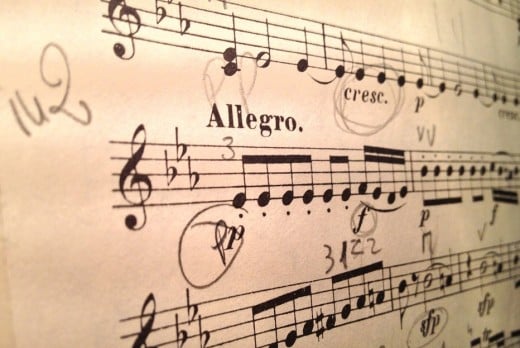
7. Rearrange!
Purists will hate me for this declaration. I strongly believe that the best training for musicality is to arrange standard compositions into utterly unexpected styles.
Fur Elise? Play it with a rock beat! Saving All My Love For You? Transform it into a ragtime! Bad romance? Make it a sooooottthhhing ballad.
YouTube is full of such rearrangements. And admittedly they sometimes receive a lot of hatred. But this is about musicality. Something that is hard to properly explain, which I could only put down as, the ability to manipulate magic, I mean, music. The benefits for your music learning journey are very subtle, you might not even notice it at all. But believe me, there is a gain. There is that little bit added permanently to your skill at understanding music. You will find yourself progressively strengthening in every area of your skills.
The Boundaries of Genres Have Little Meaning for Many Youtube Musicians
8. Schedule!
Right. Let's get a bit logistical here. After setting up your YouTube channel, sharing performances, commenting, receiving comments, etc, work out a schedule for uploads. Start with something like one video a month. Then work towards one every fortnight, or one every week.
Nope. This is not to generate traffic. This is to give yourself the perfect reason to always practice. And to never drag your feet when practicing.
You might think this is silly. After all, no one is going to inquire about lack of updates, unless you have that devoted a following. Just consider it as an exercise in discipline, or an actual objective to work towards. Tell yourself, I would have xx number of good performances uploaded by the end of this year. What is the most productive way of accomplishing that? Afterwards, also review your skills by examining all your uploads. I bet you'd notice a distinct improvement in your skills.
9. Get technical!

Unless you're playing an electronic instrument, you would need some sort of audio device to record your performance. Frequently, the recording would thereafter require some sort of audio processing, before it is "presentable" for uploading to YouTube.
Processing such as noise removal, compression, a dash of equalization here and there. Processes that are actually highly technical in nature, which you wouldn't be able to operate, unless you have some understandings of the parameters and transformations involved.
How does this benefit your music learning? Like the case of musicality, this is hard to put into writing. I can only give you a personal example of how the wave diagram of my organ recordings used to resemble a porcupine's back. That made me realise I had a terrible habit of striking the end notes of certain phrases too hard, resulting in near overdrives. In another case, a particular recording had a mostly even wave diagram. That was a drop dead indication that I was barely expressing at all.
These examples do not clearly illustrate the need to master audio processing techniques during music learning. I know and I apologise. For the moment, just take it as, it is at least a useful analysis device. Over time, you would also grow in your understanding of music and sound. How that enhances your overall music learning, depends on you.
Audio Engineering?
As my mum would say, you'd never know when an additional skill might come in handy. Since audio processing is related to music, why not pick it up too? You might end up getting a job with it in the future.
10. Have Fun!
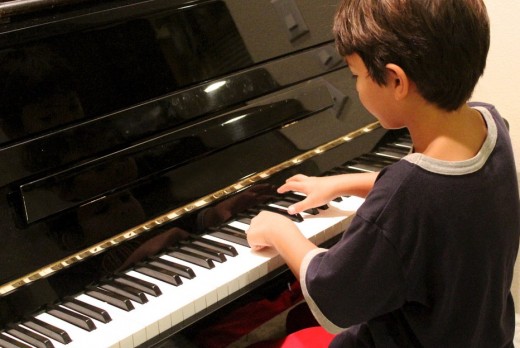
I think the biggest benefit of YouTube for music learning, is that it sustains the "fire."
The interest, the passion, whatever else it could be called.
I have many friends who are Grades 8s on the piano. Section leaders while in the school band. And so on. Once they started working, they stopped playing entirely. When I asked, they told me it wasn't because of lack of time or energy, it was because they no longer had like-minded fellow musicians to interact with. Music became "boring" for them.
YouTube removes that, doesn't it? In fact, it gets you more friends than you could ever physically meet. Whenever you tire of your instrument, whenever you feel your music lessons are getting you nowhere, just do a quick search and be inspired again. You will never be alone in your music learning journey. As long as the platform remains online, you are part of an enthusiastic, supportive, international classroom. Your passion for your instrument will keep on burning.
How YouTube Assisted My Music Learning
I play the Electone, or the brand of electronic organs manufactured by Yamaha Japan. This used to be pretty popular internationally till about 15 years ago. Student numbers dwindled, Yamaha also progressively pulled the instrument from western markets. These resulted in there being barely any public performances to attend. There were also minimal resources (scores) to buy, and no one for me to discuss the Electone with.
I thus stopped playing for over five years. I came to think of my whole education for the instrument as a waste of time and money. That was, till YouTube came about, and I found a whole slew of Electone videos on it.
I learned much from watching these videos, be it techniques that I didn't came into contact with during actual lessons, or unique ways of controlling the Electone. (Programming is a big thing for us "Electonists") I was also awed by the outrageous arrangements created by some pro players, something which reignited my love for the instrument. Most importantly of all, I found a group of like-minded fellow players that I could discuss many things with. I came to love my instrument more than I ever did before, which translated to me playing and practicing more. Nowadays, there's barely a day in which I do not practice, or hunt YouTube for new Electone videos.
One of My Older Uploads. The Type of "Crazy" Arrangements We Do for This Instrument. :)
© 2016 Ced Yong

